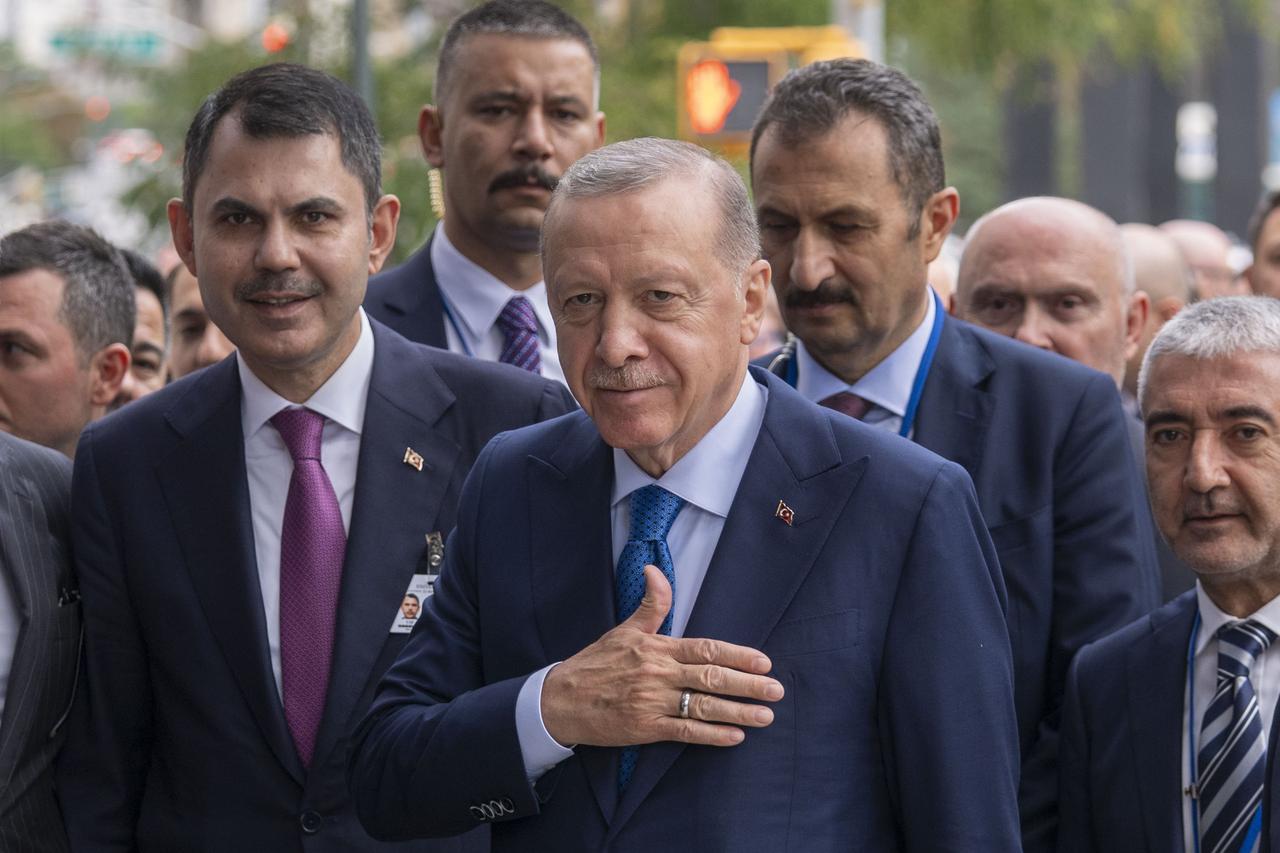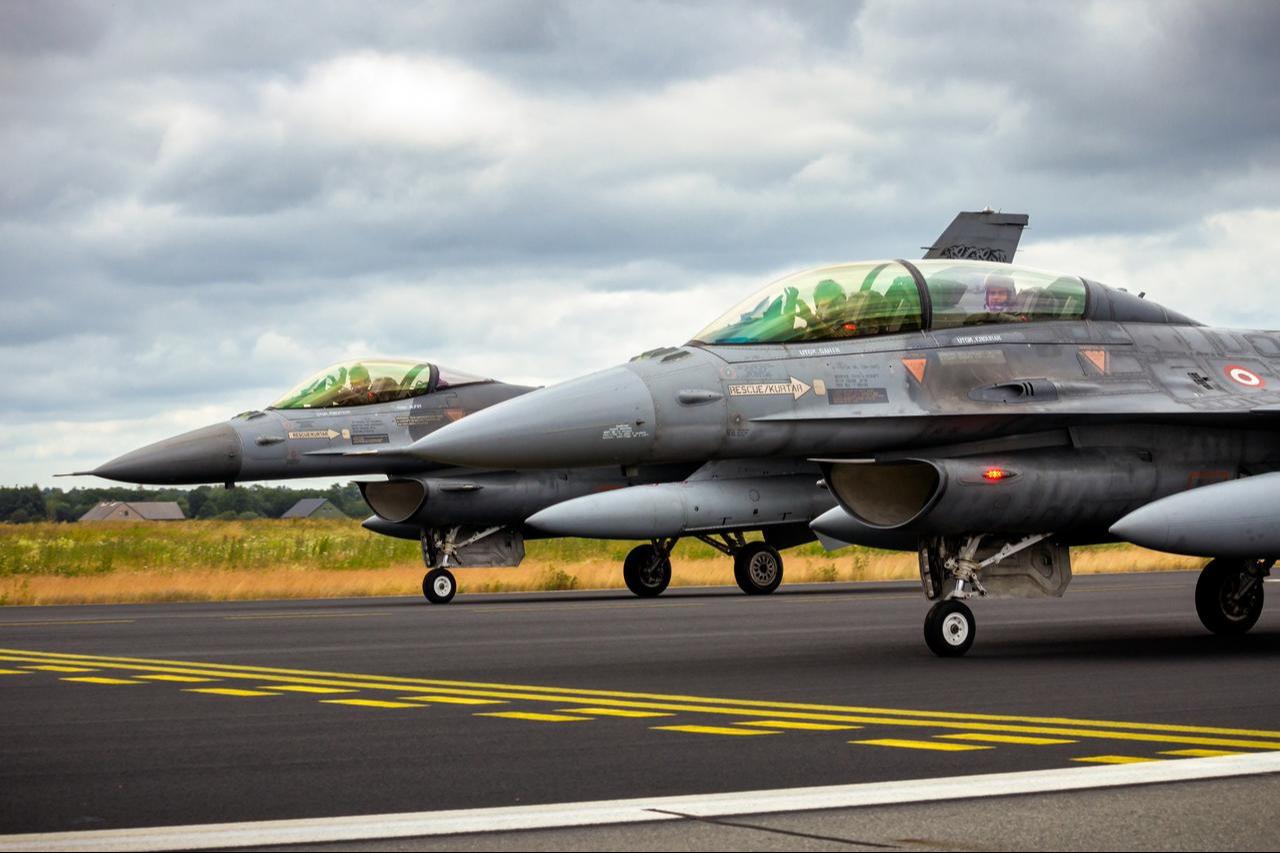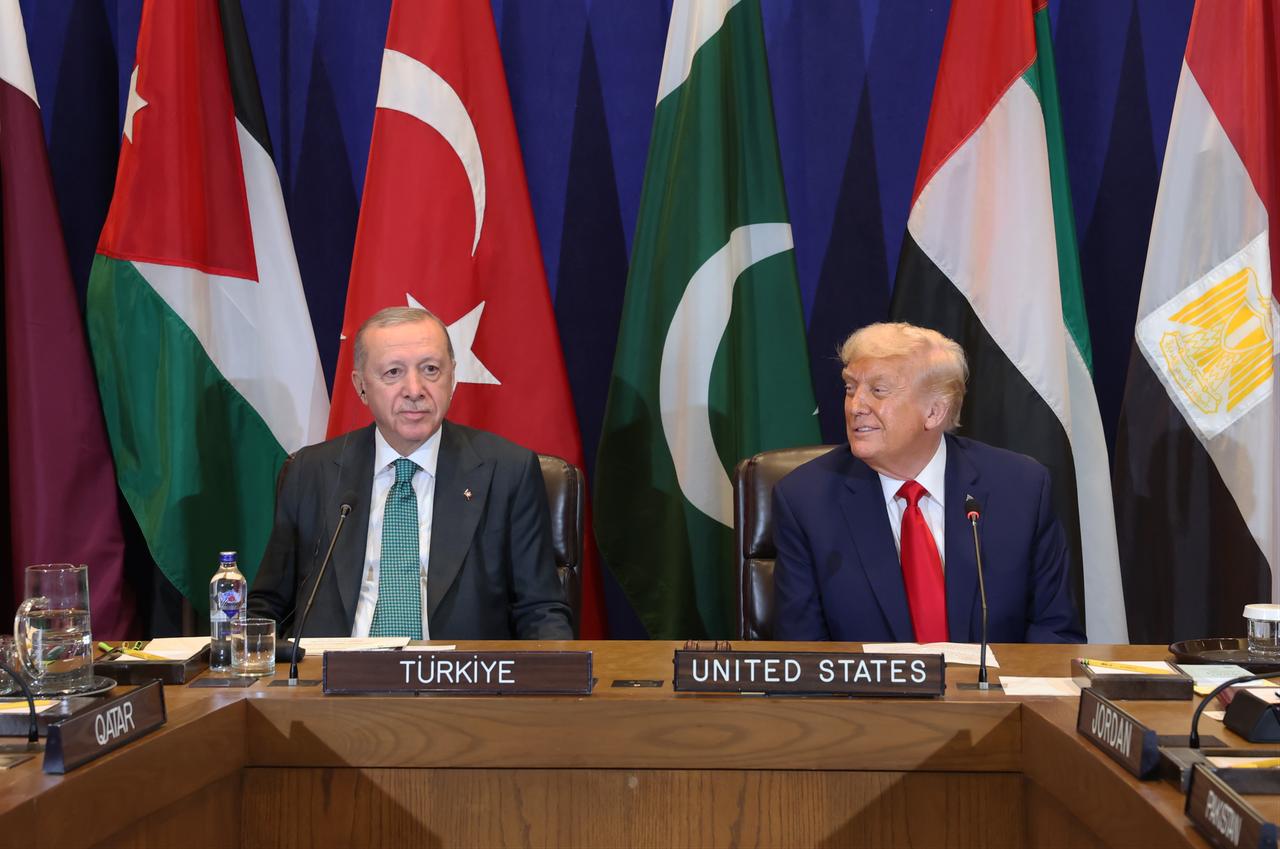
President Recep Tayyip Erdogan is set to arrive at the White House on Thursday with proposed deals worth more than $50 billion, marking his first visit in six years.
The meeting with U.S. President Donald Trump could unlock purchases of Lockheed Martin fighter jets, Boeing commercial aircraft, and liquefied natural gas, according to Turkish officials speaking to Bloomberg, who asked not to be identified as agreements haven't been finalized.
The deals aim to repair relations between the two NATO allies, which have been strained for years due to diplomatic tensions.
Türkiye seeks to buy up to 250 commercial jets from Boeing and Lockheed Martin, along with additional F-16 fighters, the officials said. The aviation deals represent the largest share of potential agreements being discussed during the visit.
"Erdogan wants to leverage the Trump presidency to reshape and improve Türkiye-U.S. relations, with a focus on improving defense ties," said Emre Peker, Eurasia Group Europe director based in London, speaking to Bloomberg.
"The energy and defense deals Erdogan is pursuing are key pillars of a mutually beneficial, transactional relationship that would also appeal to Trump's dealmaking instincts," he noted.

Trump indicated last week that resolving the F-35 stealth aircraft dispute remains possible. Türkiye was ejected from the Lockheed Martin F-35 program after purchasing Russia's S-400 air defense system, triggering congressional sanctions known as CAATSA that still target Turkish defense industries.
Turkish officials hope a compromise over the S-400 deployment could enable the purchase of 40 F-35s, although Ankara has refused Washington's demand to abandon the Russian system entirely.
The 2019 S-400 purchase marked a low point in bilateral relations.
Türkiye announced on Wednesday that it has secured long-term agreements with Mercuria Energy Group and Woodside Energy Group to purchase approximately 76 billion cubic meters of liquefied natural gas, primarily from U.S. facilities.
The gas shipments and defense deals would help both countries reach their stated goal of tripling bilateral trade to $100 billion annually.
Turkish markets have rallied since Trump announced the White House visit last week, with government debt and stocks rising on expectations of improved relations.
Investors view Türkiye's role in the Western alliance as critical for developing the region's largest economy.
The Thursday meeting represents a significant shift from November 2019, when the leaders last met at the White House amid severe bilateral tensions.
Relations deteriorated that year after Türkiye launched a military incursion against the U.S.-backed terrorist organization YPG/PKK-led SDF in Syria, prompting Washington to sanction several Turkish cabinet ministers.
Then-Vice President Mike Pence brokered a pause in fighting that prevented alliance collapse, allowing American-backed forces to withdraw from Turkish fire zones.
The intervention narrowly saved NATO unity.
Finance Minister Mehmet Simsek, a former Merrill Lynch strategist appointed after Erdogan's 2023 reelection, has reassured international investors by abandoning unorthodox economic policies.
However, with inflation above 30%, cultivating White House relations remains key to maintaining market confidence while Türkiye rebuilds foreign exchange reserves.
"Erdogan, who prioritizes remaining president, aims to avoid jeopardizing his career path with any problems stemming from the US or Trump until an election in 2028 or earlier," said Nihat Ali Ozcan, a strategist with Ankara-based think tank TEPAV, speaking to Bloomberg.

Beyond economic deals, Erdogan seeks U.S. assistance in engineering an agreement between the SDF in Syria and President Ahmed al-Sharaa's new government in Damascus.
Ankara views the YPG-led SDF as an extension of the PKK terrorist organization, which it has fought for more than four decades.
The PKK, designated a terrorist group by the United States and European Union, recently agreed to lay down arms.
Turkish officials fear PKK members may slip into Syria using U.S.-supplied weapons originally provided for fighting Daesh.
"Türkiye signals a strategic pivot toward rebuilding trust, particularly after tensions over defense ties with Russia and divergent foreign policy positions," said Umud Shokri, senior foreign policy adviser at the Middle East Institute in Washington, speaking to Bloomberg.
However, the "delicate balancing act" between Russia and the West creates uncertainties, Shokri noted. Regional policy differences, including Erdogan's criticism of U.S.-ally Israel, could threaten the reset Erdogan seeks.
Ozcan warned that regional disagreements "may not allow him to establish long-term stability in Turkish-U.S. relations through economic concessions."
International Monetary Fund data shows exports between the countries remain roughly balanced, allowing Türkiye to face only 15% U.S. tariffs on its goods—among the lowest rates Trump imposed in August.